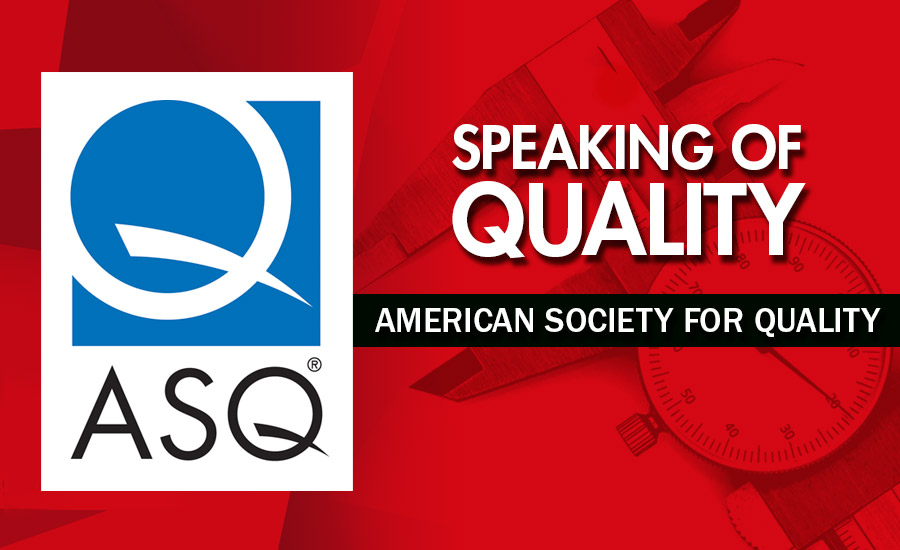It’s been said that for quality practices to make a real impact throughout an organization, the quality mindset must start at the top. The CEO must understand not only the concept of quality but the importance that an organization can never “move on to something else.” Quality isn’t something added to other initiatives, procedures, or processes. Quality is the foundation for all other initiatives: innovation, customer experience, supply chain management, and any other recent process you can think of.
This thought in practice, however, isn’t universal. But, according to at least five influential executives, it should be.
ASQ, in a unique partnership with The CEO Show, asked five of the most successful American CEOs of recent years to discuss their view of quality, why it is important, and, as an added bonus, suggest what other organizations could be missing in their approaches to a quality culture. A specific illustration of the latter is heard in an exchange between David Cote, CEO of Honeywell, and Robert Reis, host of The CEO Show.
DAVID COTE: I think a lot of companies, when they start down the continuous improvement path, they look at it as, “OK, we need two years to get this continuous improvement thing done.” As opposed to continuous improvement as an evolution.
ROBERT REIS: (Laughs) That’s a good point. It’s like, “OK, we’ve finished continuous improvement.”
DAVID COTE: “We have to hurry. We’ve gotta get this thing done.”
As a quality professional you may have been in an organization—you might work in one right now—that runs in the way Cote suggests, working on specific quality initiatives or within certain methodologies to achieve a specific goal (cost reduction, revenue increase, award recognition) and then move on.
Everyone reading this article knows that is a disaster waiting to happen. It doesn’t need to happen in your organization. If you are having trouble getting upper management buy-in, CEOs on Quality—the video series ASQ and The CEO Show are creating (along with articles and online content)—will hopefully deliver what you need.
Part of the problem with corporate culture is that everyone is looking for the next thing. They are looking to solve problems. It is reactive thinking. Quality as a discipline has been around since the mid-20th century. Quality has remained vital through forward-thinking individuals who understand the future is built on the best of the past, not solely on what is new today. Quality methodology evolves, and in doing so expands its use. Quality is no longer solely about product function, it is about organizational excellence.
Ralph de la Vega, vice chair of AT&T, said, “I think we’re in the golden age of quality. And the reason I say that is because today, with the capability we have with sensor technology and software and mobile broadband, we can get data on just about anything.”
Technology has had—and will continue to have—a powerful effect on the way data is collected and analyzed. It will also continue to allow opportunities for improvement in the areas of electronic audits. The organizations that take advantage of these advances will have a competitive advantage on competitors. But this isn’t all about machines and the time savings they offer.
Quality is about people and their ideas. There are CEOs who understand that.
When asked about her continuous improvement initiatives, Jo Ann Jenkins, CEO of AARP, said, “… the area we’ve seen the most improvement on is letting our staff know that innovation can come about at any part of the organization.”
It is likely that the CEOs interviewed don’t have more than a working understanding of all the quality tools and methodologies used throughout their global organizations. It is important to state that they don’t need to. They all have very capable individuals and highly functioning teams making sure all processes and measurements are in line to meet strategic goals. What these CEOs understand, perhaps more so then many of their colleagues, is that quality is a journey. They demand high standards and they allow people who are in place to make that happen are fully aware of the responsibility and ownership they have.
Visit ASQ® TV (http://videos.asq.org/) and click on the CEOs on Quality channel (found in Specialty Channels) to watch the new video series.

